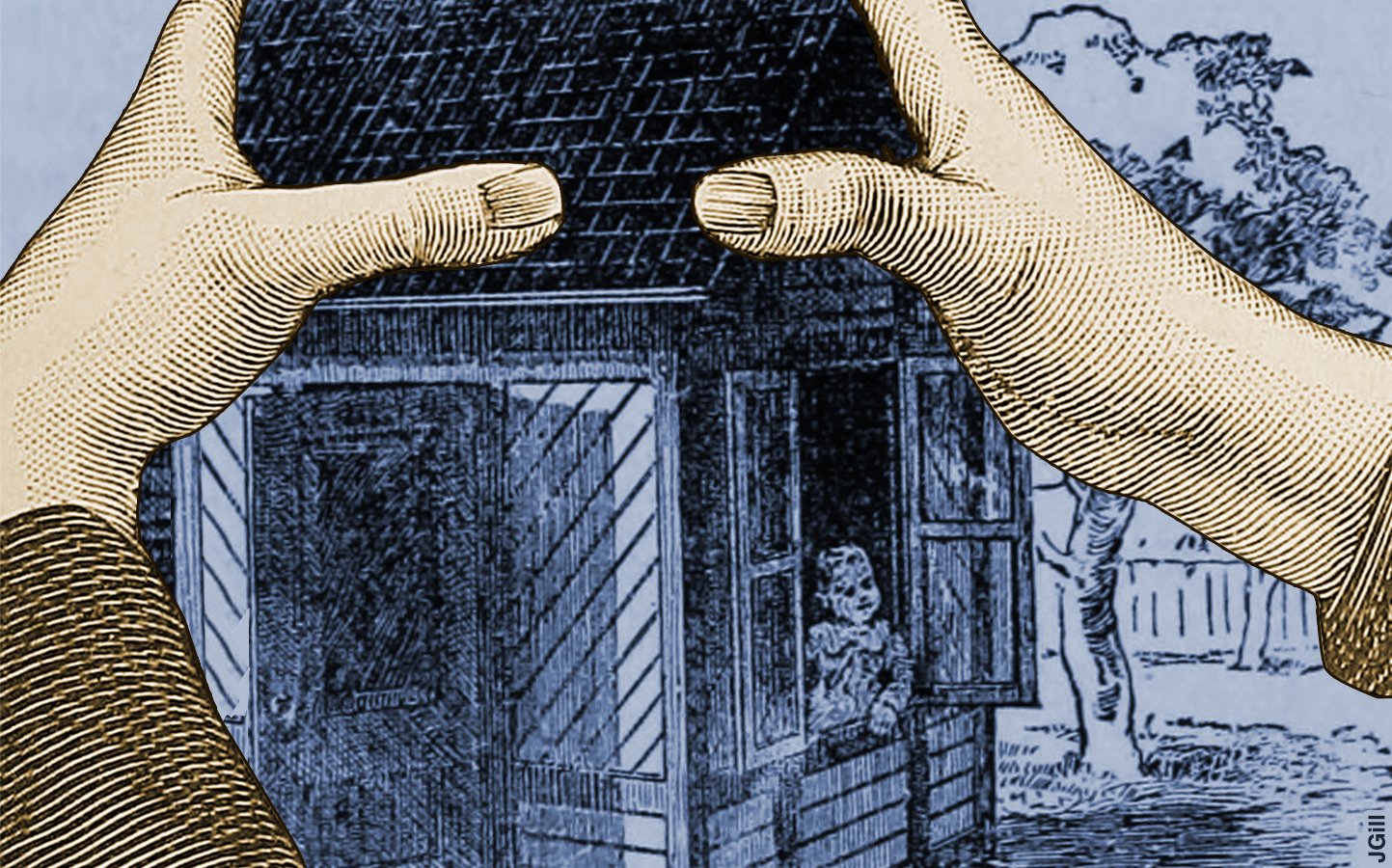We’ve all seen lawmakers yammer on and on about how they want to “streamline” government, or “save the taxpayers money.”
But they rarely show us much for all the talk.
Paul Woolverton, writing this weekend in the Fayetteville Observer, noted one such lapse after the North Carolina Senate voted to create a law to let magistrates “opt out of conducting any weddings if they have a religious objection.”
The problem? “No one in the debate,” Mr. Woolverton asserts, “questioned the underlying premise that a magistrate or clergy member is necessary to seal the marriage contract.”
The involvement of the state in the marriage contract biz is unnecessarily complicated, he explains. “As fiscal conservatives,” Woolverton insists, they could have taken the opportunity to ask something more fundamental:
A man and a woman pay the government $60 to get a government-approved marriage license. Why should they then have to visit another government office and pay the government another $20, or hire a government-designated third party for a fee or “donation,” to finalize their marriage contract?
Woolverton suggests streamlining the process: “… [G]overnment should make its involvement the least intrusive it can be. It should record marriages when couples visit the Register of Deeds to buy their marriage licenses.”
And that’s it.
Betrothed couples can legally testify to meeting any and all state requirements — and officially inform the state of their pre-marriage and married names.
Those who want the services of a priest or rabbi or preacher or imam can hire one, or cajole one. Or two.
That’s just not state business.
This is Common Sense. I’m Paul Jacob.

